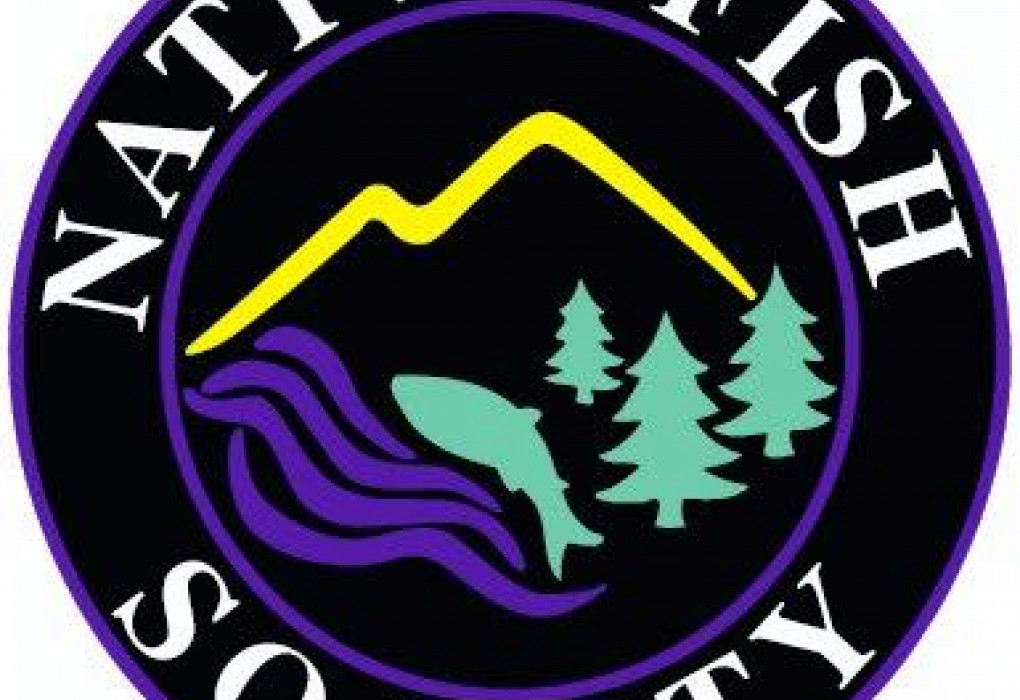Oregon and California Land Grant Act of 2013
February 13, 2014
Senator Ron Wyden
221 Dirksen Senate Office Building
Washington, DC 20510
Dear Senator Wyden:
Re: Oregon and California Land Grant Act of 2013
The Native Fish Society does not support S. 1784 in its present form because approximately 200,000 acres of older forests currently protected by President Bill Clinton’s Northwest Forest Plan, would be turned over to industrial logging. This legal framework is designed to maximize profits of corporations while externalizing the risks, impacts and costs to the public.
A recent scientific evaluation of S.1784 by Dr. Robert Hughes (Pres., the American Fisheries Society) and Dr. Dominick DellaSala (Pres., Society for Conservation Biology – North American Section) identified six unacceptable flaws in this legislation saying it would:
1. Eliminate or weaken protective provisions of the scientifically based Northwest Forest Plan;
2 Re-writes and weakens science-based recovery actions for threatened species, reducing protections under the Endangered Species Act;
3. Increases habitat fragmentation and cumulative impacts to fish and wildlife by requiring clearcuts over vast acreages.
4. Relies on risky, untested “ecological forestry” provisions in the habitat of threatened species to generate funding for county budgets.
5. Provides insufficient funds for rigorous effectiveness monitoring, and
6. Elevates carbon dioxide emissions by promoting extensive logging.
In addition, we are opposed to S. 1784 because it would make it more difficult for the public to protect its interests in water, fish and wildlife, and forests through court challenge.
The patchwork of private and federal lands that define the O&C landscape has already established a fragmented biological context that the legal framework of S. 1784 would promote, resulting in more fragmentation, less biological diversity and ecological function within the affected areas as a whole. The management framework for these lands cannot improve the ecological function of watersheds where streams flow through disturbed and less disturbed lands negatively affecting salmonid productivity. Wildlife habitats would be isolated into islands separated by industrial forestry on logging emphasis lands. The decline in biological integrity of the O&C lands would continue under the legal framework proposed in S. 1784, leading to more ESA protected species, and increasing the difficulty to recover threatened fish and wildlife species. The legislative response is to apply ecological forestry, an unproven and untested management concept and monitoring that is underfunded and likely to fail in a severely degraded landscape lacking reference watersheds for comparison. None of this has to happen, but a role back of the N.W. Forest Plan and the Aquatic Conservation Strategy under S. 1784 promotes just one outcome: increased degradation of the landscape.
INCONSISTENCIES WITH CLIMATE CHANGE POLICIES
An important value of Northwest Forests is their ability to be a net sink for carbon sequestration and long-term storage. The N.W. Forest Plan promotes this important contribution of native forests, providing an important response to climate change and policies that would reduce climate change impacts. Increased logging planned for Forestry Emphasis Areas will only generate more release of carbon dioxide. This legislation does not support President Obama’s Climate Action Plan. Since Oregon, Washington, California and British Columbia have agreed to cut carbon dioxide emissions, this legislation is out of sync with other regional efforts to address Climate Change.
The NFS recommends and would support changes to this legislation that retain long-term rotation, the Aquatic Conservation Strategy, the full riparian reserve, and survey and manage in the Northwest Forest Plan. We also recommend that the ESA have full force and value by removing impediments to recovery of ESA-listed species.
It is likely that S. 1784 will add to the risks to fish and wildlife protected by the Endangered Species Act rather than support their recovery. A potential problem is the passage of this legislation could require protection of fish and wildlife as endangered species, removing the management flexibility of a threatened listing. This would impair the two purposes of this legislation to increase yield of wood fiber for the economic benefit of the timber industries and counties, and recovery of ESA listed species.
It is understandable that corporations favor externalizing their impacts on the environment for the pubic to deal with, for it helps maximize profits. When the government does not regulate industrial impacts, such as logging, then the public pays the cost of those impacts. Those impacts can include lower water quality and quantity from forested landscapes, decline in economic benefits from fisheries and compensation with expensive hatchery development, less economic benefit from tourism, more sediment impacts and costly dredging etc. The problem with S. 1784 is that it promotes externalizing industrial impacts at the public’s expense rather than regulating industry to protect the public interest and freedom from increased risk and expense. Consequently, S. 1784 is not designed to protect the public interest and should not be passed until these problems are resolved.
Mike Moody Bill Bakke
Executive Director Director of Science and Policy

